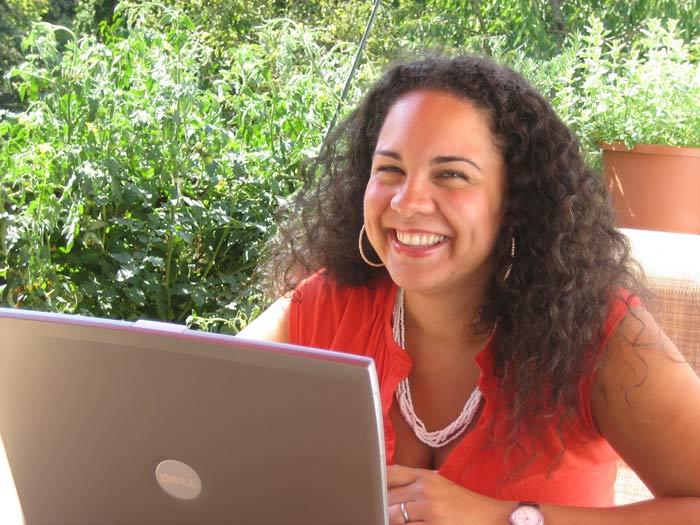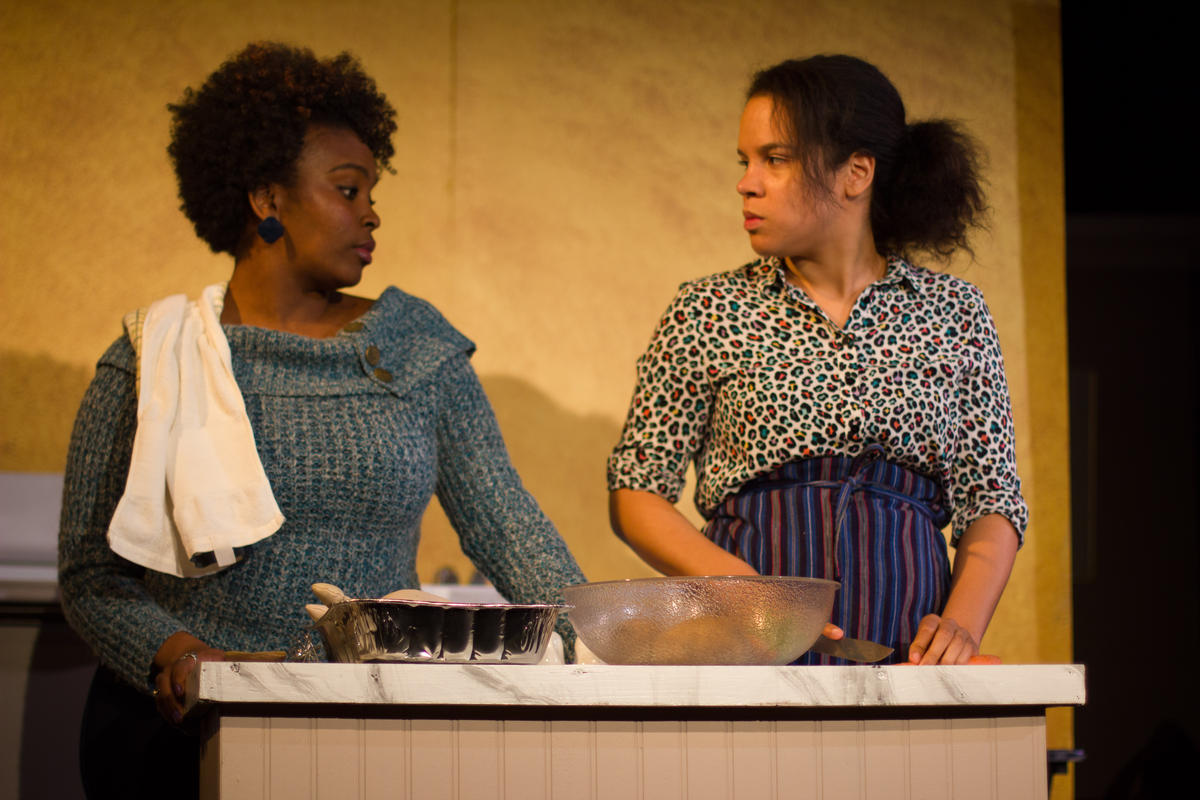Why white liberals need to figure out how to talk about racePosted in Articles, Audio, Interviews, Media Archive, Politics/Public Policy, United States on 2017-01-28 01:54Z by Steven |
Why white liberals need to figure out how to talk about race
KUOW.org: 94.9 FM, Seattle News & Information
2017-01-06
By Katherine Banwell & Jamala Henderson
 Professor Ralina Joseph at the University of Washington says to just start talking about race. University of Washington |
Why is race so hard to discuss? Ralina Joseph, founding director of the University of Washington’s Center for Communication, Difference, and Equity, talked about coded racial language, from Seattle liberals to Trump. This is a transcript from her interview, lightly edited for clarity…
Listen to the interview (00:04:12) here.
